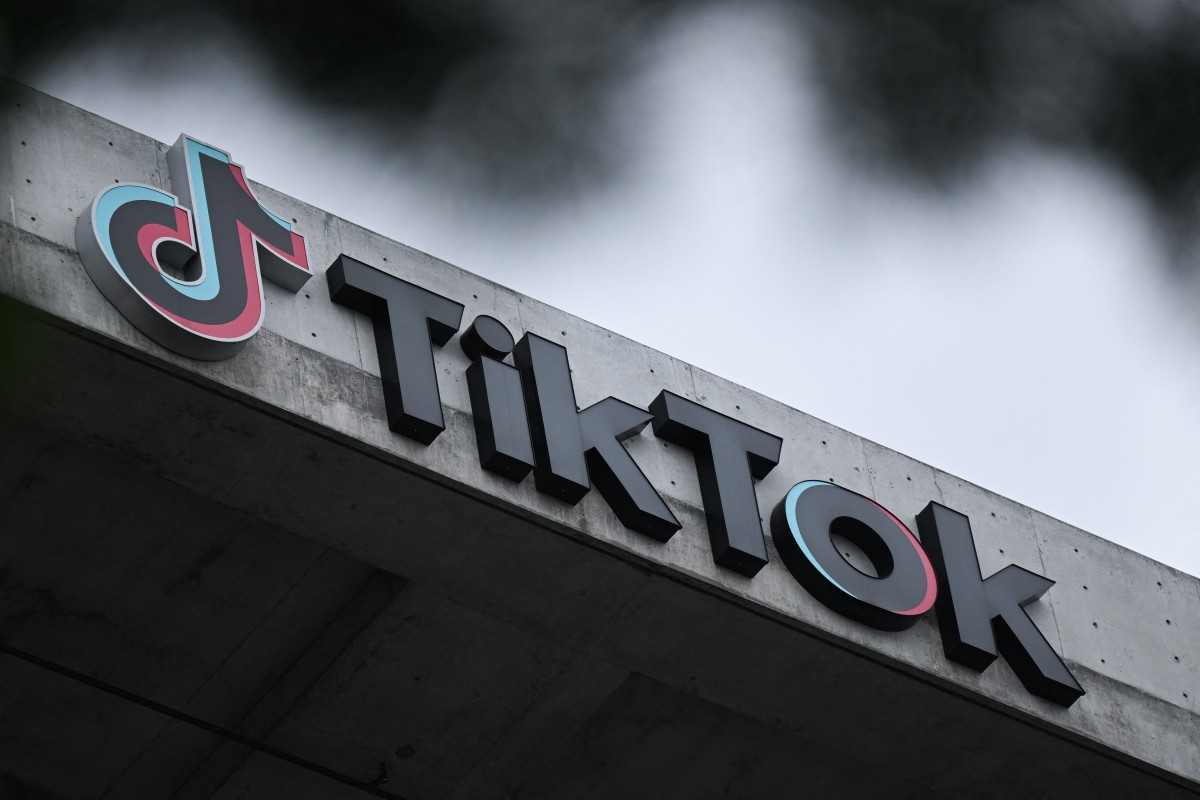 Search giant, Google has announced the expansion of its two-step verification (2SV) process for logins to enhance account security after its newly introduced two-step verification initiative saw a 50 per cent drop in account breaches for 150 million Gmail and two million YouTube creator accounts under the 2SV initiative.
Search giant, Google has announced the expansion of its two-step verification (2SV) process for logins to enhance account security after its newly introduced two-step verification initiative saw a 50 per cent drop in account breaches for 150 million Gmail and two million YouTube creator accounts under the 2SV initiative.
2SV uses mobile phones to confirm a user’s identity every time they access their Google account from a different device.
In 2021, Google accelerated its effort to eliminate password threats by starting to auto-enrol users in 2SV, providing people with an additional layer of security when cybercriminals attempt to hack into their accounts. Through the initiative, more than 1.5 billion security checks were done.
Aligning with this year’s global Safer Internet Day (SID) theme, “Together for a better Internet”, Google said it is working on new technologies that will provide a secure, seamless sign-in experience and eliminate reliance on passwords that have turned out to be a major cause for data breaches and phishing attempts.
Commenting on the feature, Government Affairs and Public Policy Manager for Nigeria, Dawn Dimowo, said: “We don’t just plug security holes, we work to eliminate entire classes of threats for people who depend on our services. Today alone, billions of people around the world will use our products to help with things big and small from conducting e-payment transactions or teaching an online class full of students. It is our responsibility to keep users’ personal information safe and secure.”
“This decrease speaks volumes to how having a second form of verification can be effective in protecting your data and personal information. And while we are proud of these initial results and happy with the response we have received from our users and the community, we are excited about other ongoing behind the scenes work intended to make our users even safer,” adds Dimowo.
In a related development, the technology firm, has reviewed its maps system to ensure better efficiency and also introduced new content policies that safeguard the process of posting reviews for business profiles.
Google explained that the Maps User Contributed Content Policy is aimed at ensuring that information on Google Maps is reliable by protecting both individuals and businesses from policy violations.
Much of the work done to prevent inappropriate content, is done behind the scenes, “so today Google is shedding more light on what happens after you hit “post” on a review.
“With more than one billion people turning to Google Maps every month to navigate and explore, Google aims to make sure the information they see, especially reviews, is reliable for everyone. They have created the Maps User Contributed Policy to make sure reviews are based on real-world experiences and to keep irrelevant and offensive comments off of Google Business Profile.”
Google said it will use machine learning models to moderate millions of reviews uploaded using the Google Business Profile tool while its staff will identify the subtle distinction or variation of various expressions of individual posts.
The tech firm explained that machines identify patterns to determine if content is legitimate, adding that other issues flagged by machines include offensive or off-topic content, any Google account with a history of suspicious behaviour, places with uncharacteristic activity such as an abundance of reviews over a short period of time about a particular place or business or any place that has received recent news or social media coverage that would motivate people to leave fraudulent reviews.
Communications and Public Affairs Manager, West Africa, Taiwo Kola-Ogunlade, said: “We’re dedicated to keeping reviews on Google Maps authentic and reliable to protect local businesses from fraud and abuse, and keep the information helpful for users. Over the past couple of years, through the Local Guides program we have developed easy tools that allow people to help contribute to Maps so others can more easily and accurately explore their world.”






